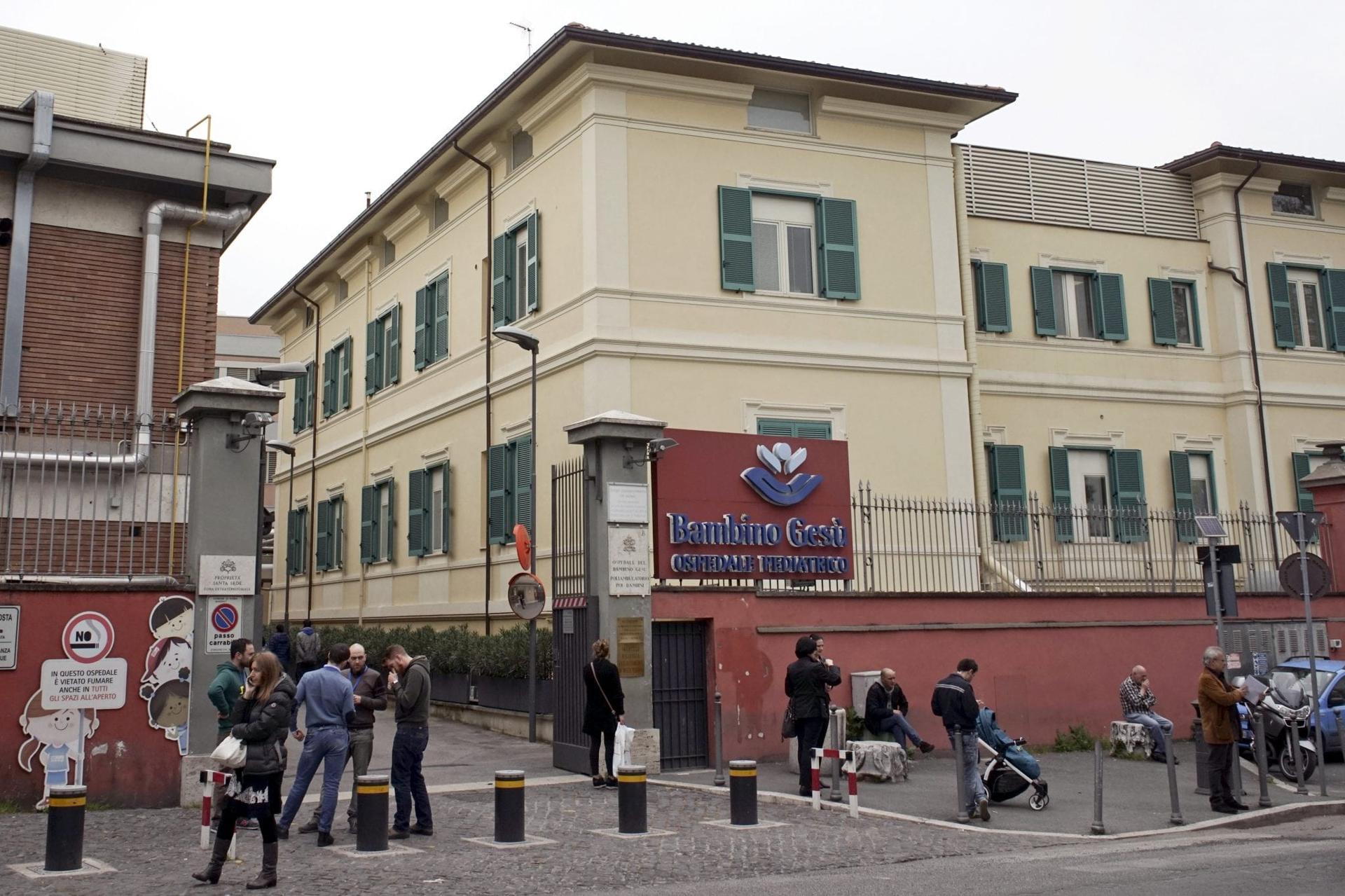ROME – New research conducted by the Vatican-owned Bambino Gesù children’s hospital in Rome has found anti-COVID vaccines to be effective in building immunity in young, immunocompromised patients, who are now being advised to get booster shots.
An Oct. 4 hospital news bulletin offered fresh data on the efficacy of anti-COVID vaccines on young patients, particularly those with compromised immune systems, conducted by researchers at Bambino Gesù hospital.
“The results of our studies show that it is essential to protect the most fragile categories by administering the third dose of vaccine, calibrating the dosages, or by using new adjuvanted vaccine formulations capable of enhancing the immune response to the virus and maintaining it over time,” said Professor Paolo Palma, Head of Clinical Immunology and Vaccinology at Bambino Gesù.
“At the same time, it is necessary to achieve the widest possible vaccination coverage. The risk of infection is higher among immunosuppressed children and adolescents. Each of us, with our own vaccine, is also responsible for their health,” Palma said.
According to the research results, just 30 percent of immunosuppressed patients showed no response to the COVID vaccines, while 70 percent developed the antibodies to fight the coronavirus. These antibodies were stronger after the second dose, although they were still lower than those found in healthy people.
The study was conducted by researchers at Bambino Gesù on three different groups of immunocompromised patients.
In the first group were 21 patients with primary immunodeficiency, meaning an immune system that does not work properly. The second group was composed of 34 patients undergoing heart and lung transplants, and the third group contained 45 patients with liver and kidney transplants.
Studies on the first and second group of young patients was conducted by the Research Unit of Clinical Immunology and Vaccinology, the results of which were published in a number of scientific journals, including Frontiers in Immunology and Transplantation.
Both of these groups were part of a larger study called CONVERS which was conducted by a team of doctors and researchers led by Palma, and which includes three additional studies currently being conducted on patients with HIV, inflammatory bowl disease, and Down’s Syndrome.
The study on young people with liver and kidney transplants was coordinated by researchers from the Renal Transplant Follow-up structure, which is led by a doctor named Luca Dello Strologo.
In each of the three studies, both the serological response to the vaccine, meaning the number of antibodies present in the blood, and the cellular response, meaning the number of specific forms of lymphocytes, or white blood cells, found in the blood, were measured.
Final results of the study found that 3 in 10 patients showed no response to the vaccine, while 7 in 10 developed the antibodies necessary to fight COVID-19.
Researchers’ bottom line from the study results is that not only are vaccines effective in warding off COVID-19, but immunity grows after each dose. On this basis, they are recommending a third booster shot for young patients with compromised immune systems.
Administration of third doses to vulnerable patients at Bambino Gesù began Sept. 20 amid Italy’s vaccination campaign, which is now pushing third doses on those who got their first jab last year, at the beginning of Italy’s vaccine rollout.
At Bambino Gesù, the booster shots are being administered to around 400 children and young adults aged 12 and over who are receiving treatment at the hospital, and who also received their first and second doses there.
Most of the recipients are immunocompromised boys and girls who have had an organ transplant, or who have chronic kidney failure and are on dialysis.
At the time administration of third doses began, Professor Alberto Villani, Director of the Emergency Department, Acceptance, and General Pediatrics of Bambino Gesù, said that fragile patients “are more exposed to the risk of contracting all infections and are more likely than others to have severe forms” of the diseases.
“It is therefore very important to protect them,” he said, adding, “the third dose represents the best protection possible for vulnerable categories.”
Italy currently holds one of the lowest infection rates in Europe and has one of the strictest vaccine requirement policies.
Currently the Italian vaccine “Green Pass,” verified proof of vaccination, is mandatory for all those, including tourists, who wish to take public transportation in the country – including planes and busses – or who wish to participate in a variety of indoor activities, such as indoor dining; going to bars, cinemas, gyms, or museums; attending conferences or indoor meetings; admittance to sporting events, and more.
As of this month, the Green Pass is now mandatory for all workers in Italy. Beginning Oct. 15, all employees in both the public and private sectors will be required to have a Green Pass.
Those who refuse to get the vaccine, or who are unable to present a negative COVID test, proof of recent recovery from COVID-19, or any form of vaccine certification, will be suspended, and their position of employment could be put at risk if the absence of any of these requirements is prolonged.
Follow Elise Ann Allen on Twitter: @eliseannallen














